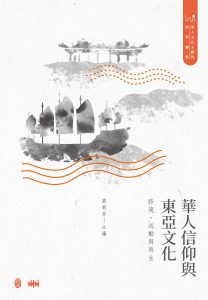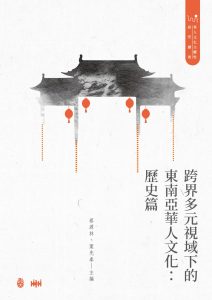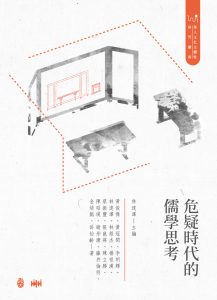Description:
This volume examines the development of Sinitic scripts in the twentieth century. This may appear to be a purely Chinese issue at first sight. However, if we look beyond the territorial border of China, we will find that it is also a concern shared by many countries and regions in Asia. Today, Sinitic scripts continue to be the dominant writing system in mainland China, Hong Kong, Taiwan, and Japan; the everyday usage of Sinitic scripts has been phased out in Vietnam, North Korea, and South Korea; Singapore and Malaysia fall in between the two groups, as Sinitic scripts are still frequently used by certain populations. All the six countries and regions where Sinitic scripts remain an everyday writing system for varying proportions of populations limited the number of characters in everyday usage. But only Hong Kong and Taiwan continued to use the traditional forms of Sinitic scripts, whereas China, Japan, Singapore, and Malaysia simplified the Sinitic scripts. This study will examine the similarities and differences between the language choices of these countries and regions. It scrutinizes the historical contingencies that have shaped a country or a region’s language choice rather than providing an exhaustive survey of the changes of Sinitic scripts in different contexts. It aims to reveal assumptions underlying these choices by bringing together scholars from a wide range of academic disciplines—history, linguistics, sociology, anthropology and political science.
The present study provides a critical reflection on a Sino-centric approach to the historical study of Sinitic scripts, which not only constrains most scholarship within the territorial border of historical or contemporary China, but also over-emphasizes the significance of their Chinese origin even when explaining the development of Sinitic scripts in places outside China. This book seeks to transcend the Sino-centric approach by proposing comparative and transnational approaches to studying the development of Sinitic scripts across Asia. By comparing various countries and regions’ experiences with Sinitic scripts in the twentieth century, it aims to reveal shared historical contingencies that have led to the seemingly convergence of language choices among certain countries. But this volume is not an attempt to establish a clean-cut typology, but an investigation of how similar factors shaped each one’s path in different historical contexts. It explains 1) the survival of traditional Sinitic scripts in Hong Kong and Taiwan, 2) the simplification of Sinitic scripts in mainland China, Japan, Malaysia, and Singapore, and 3) the diminishment of Sinitic scripts in Vietnam and the Korean Peninsular. It will also address the converging efforts to reduce the number of Sinitic scripts in everyday usage by countries and regions that continue to use them. Meanwhile, by proposing a transnational approach, the present book demonstrates that Sinitic scripts did not develop in isolation but were, are, and will be developed in constant interaction between different countries and regions. The reforms of Sinitic scripts in the Republican and Communist China were shaped by knowledge, ideology and political agendas framed within an international power structure. Other countries and regions made their language choices through their interaction with mainland China. This transnational approach is not an attempt to reassert the Sino-centric thesis. Instead, while acknowledging the influence of China on other countries and regions, it tries to clarify the specific circumstances in which China exerted its influence, the mechanism whereby Chinese influence operated, and ultimately the limitation of its effect.
For more info: Link





